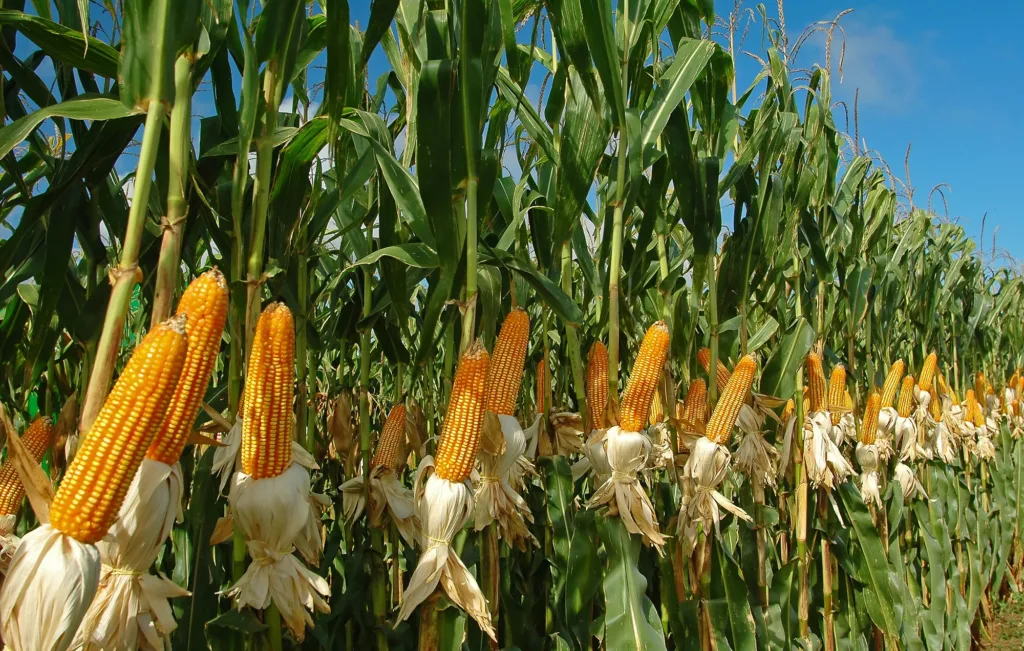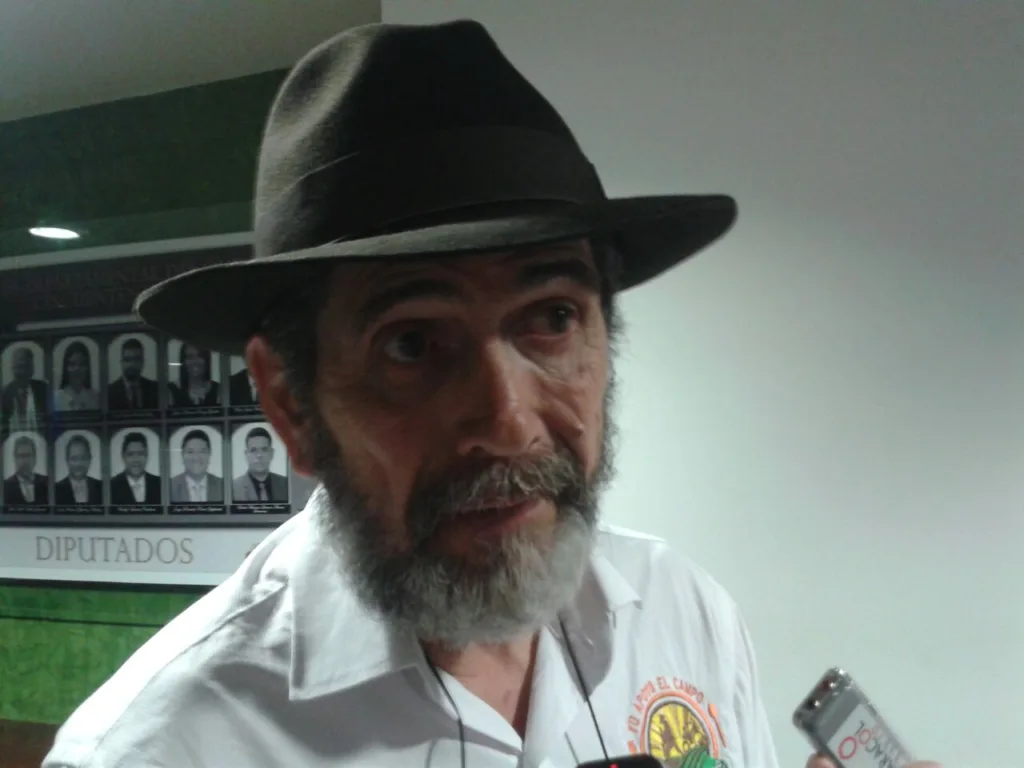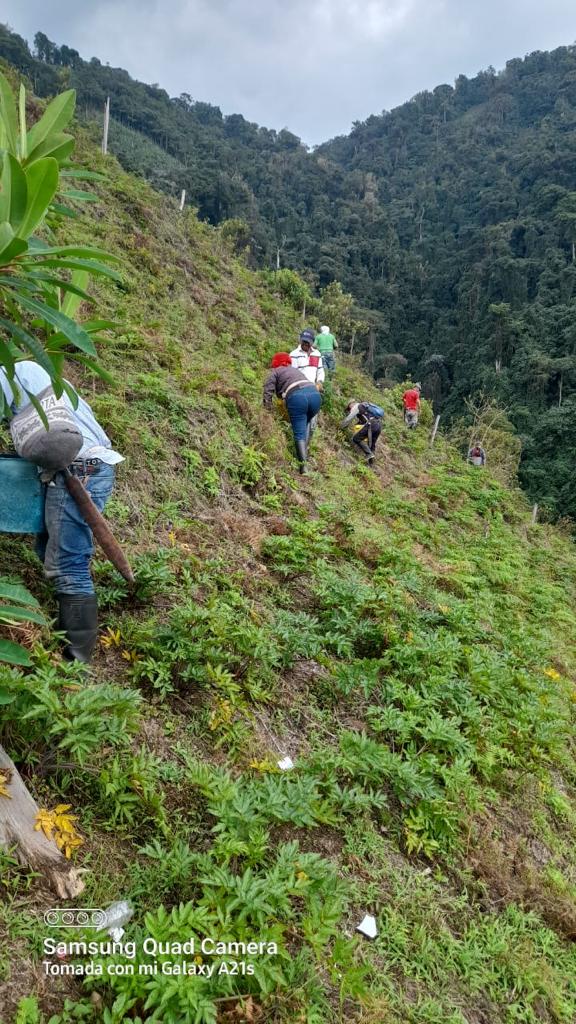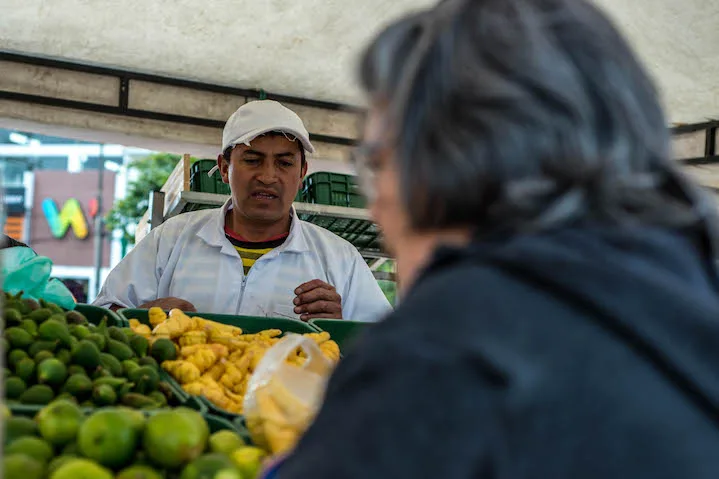Ensuring that in many cases, the prices paid by intermediaries, agricultural producers from La Plata, Huila, joined to form an association and thus be able to directly sell their food products and coffee.
Diary of Huila, economy
By Gloria Camargo
Ensuring a profitability that generates higher income and therefore, that allows them to improve their quality of life, is the objective for which since 2017, several families in the rural area of the municipality of La Plata, west of the department of Huila, They came together to form an association that allows them to better sell their food products and coffee.
In an interview for the Diario del Huila, Delia Yineth Quiscue, a member of the Getzecafé Agricultural Association, which takes place in the village of Alto Getzen, in said municipality, first explained what this associative group consists of.
“The Getzecafé Agricultural Association is currently made up of 10 members from the rural area of La Plata, where we have among our crops, for example, the production of arracacha, in which we can harvest up to 15,000 kilos per month,” he said.
A production that will now be sold largely directly to the School Feeding Program in the department of Huila, and that will allow them to break, in a certain way, with the intermediation link, which negatively impacts the profitability of their products.
better income
“For us it means a lot to be able to sell our products directly, because until now, everything we had and produced, we sold to the intermediary, and he kept a good part of the resources. In other words, we did not take advantage of the benefits of direct sales”, added Yineth Quiscue.
At the time, he explained that in figures, the difference for them was abysmal, because “for example, intermediaries paid us 150,000 pesos for the load of a product like arracacha, when they were really paying 200,000 pesos, if not is that more
So when we sold 10 packages, well, all that amount of money was kept by the intermediary, so we seek to do it directly now,” the producer pointed out.
On the other hand, Gloria Inés Liz, also a farmer from the area and a Getzecafé partner, pointed out that they hope to be able to directly reach new markets not only with arracacha, but also with products such as corn and beans.
Or also called subsistence crops, since they are established as those crops that satisfy part of the nutritional needs of a determined population, and are located mainly in the coffee zone, also complemented with cassava and plantain.
“We have corn, beans and coffee, and we usually sell it directly to the trade in the market in La Plata, but we want to change this dynamic,” Liz pointed out.
The woman also points out that since 2017, the Association has been an impulse so that they can better market their products, although at first they had only thought about coffee.
“First, that coffee solo, because all the partners had this product, so everything revolved around it. But after seeing that we were getting more things, then we dedicated ourselves to other crops such as arracacha, corn and beans, ”he said.
However, this has not been an easy task, he says, because all the partners must first be on the same page for the model to work smoothly.
“It has always been hard, it has hit us hard, because when a partner does not agree with what is being worked on there, then the inconveniences come. That is where we have to look at possibilities to move forward and not stand still because the short-term objective is to be able to sell directly and break through intermediaries. In my case, for example, my family would be the first to benefit because we all live off what is produced in the countryside under the family economy model”, he concluded.

Employment and other challenges
However, breaking the chain of intermediation is not the only challenge for the agricultural sector in Huila and in general for the entire country, as pointed out by Óscar Gutiérrez, executive director of Dignidad Agropecuaria Colombiana.

According to the manager, the situation of workers in the agricultural sector in Colombia continues to be worrisome in regards mainly to the formal labor relationship, national employers who hire permanent workers in some agricultural uses and who also hire occasional or temporary workers, have Serious limitations to comply with pension contributions, professional risk insurers, health and the rest of the labor benefits of temporary workers.
“Small and medium-sized businessmen who do not have a way to attend to these labor rights to the workers they hire for planting or harvesting tasks or for any of the necessary tasks and in the vast majority of cases, cannot even pay themselves for said obligations. .
In addition, the peasants and indigenous communities that develop tasks of planting food or crops such as coffee, cocoa, oil palm, potatoes and other tubers, fruits, vegetables and many crops for food, do not obtain sufficient income and do not have capital to meet those commitments,” he said.
According to Gutiérrez, this situation prevails in almost all agricultural and livestock sectors, the vast majority affected in their profitability by the Free Trade Agreements (FTA), the cost of the country, the prices of inputs, the low prices in periods of abundant harvest, the cost of credit, the monopoly impositions of large traders, the lack of public goods, roads and infrastructure, smuggling, climate change and other problems.
For this reason, he stressed that being able to carry out an analysis of the production costs of each product would allow us to know if with the labor costs derived from the approval of the Labor Reform for the agricultural sector, it could be guaranteed to the producers of the main products something they have not had for many years: fair prices that include production costs, including labor costs, and profit and profit rates that allow them a profit equal to or close to the average rate of capital gain in the country .
“We have requested and searched the data of various institutions for the historical sales averages and with difficulty we have found that in terms of export products their profits or losses do not depend, in the strict sense of the word, on the producers, but on intermediaries who buy in the country to export and who are almost all, in turn, purchasing agents for multinationals”, he added.
According to DANE, the most alarming figure is that of informality, which reaches 84.2% of rural workers, which means that almost all farm workers do not have the minimum guarantees and labor rights that our legislation consecrates and very surely their income is very low and insecure, which explains the high rates of monetary and multidimensional poverty throughout the national territory.

